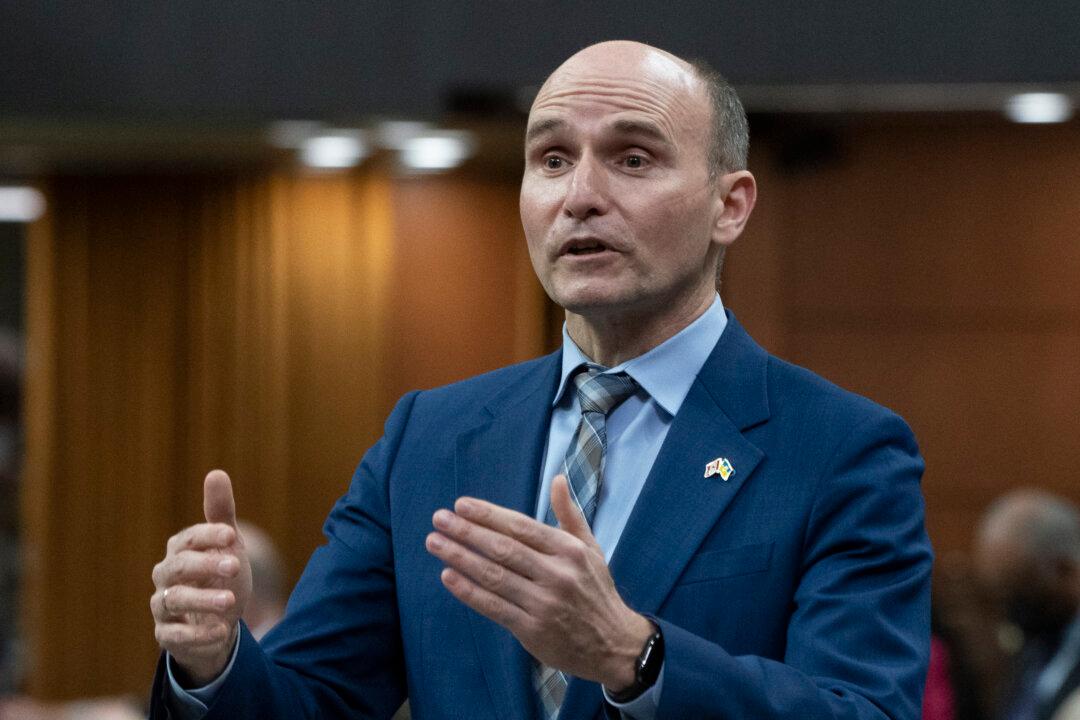Health Minister Jean-Yves Duclos says he is “very optimistic” that Ottawa is close to reaching a deal with the provinces to increase federal health-care funding, saying there’s been “a great deal of progress” on the matter this month.
“I am very optimistic—as the prime minister said earlier this week, as well—there’s been a change of tone and a change of direction in the last few weeks,” Duclos said during a press conference in Ottawa on Jan. 20. “I think that everybody now agrees, including the premiers, that we need to focus on results for the health-care workers and patients.”





